|
Much to the disappointment of both my regular readers, I'm a bit behind my usual posting schedule because I spent much of the weekend in Salt Lake and also because I've lost so much sleep in the last two weeks that I wish I was dead. The most significant thing to come out of that weekend was that I drank a significant amount of tea for the first time. Because a con man enshrined nineteenth-century pseudoscience as revelation, I was raised with the belief that coffee and tea are unhealthy or somehow sinful, and I'm not even being snarky when I say that belief has been the hardest part of my Mormon upbringing to deconstruct. I have no desire to try coffee because I dislike the smell. I tried a small bit of tea without sugar some time ago, and it was putrid. But this weekend I was killing time with a couple of friends in Salt Lake's Chinatown market, a place I never knew existed, and they wanted to get some boba tea, so as a matter of principle I pushed past my deep-rooted misgivings and got some too. The first sip was weird. The rest were delicious. It had brown sugar and tapioca pearls, which I didn't notice until the first one came up my straw. Little rubbery balls, not much flavor, but appealing in their own way. Part of me still stupidly expected some kind of physiological reaction to the forbidden drink, but of course there wasn't one because it was just a normal drink. Up yours, Joseph Smith. Then we met up with a couple of other friends and went to a Chinese restaurant that ironically was not in Chinatown. It was a rice noodle soup restaurant, and I think the menu items were more authentic than the ones at Panda Express, but the still left me hungry again a couple of hours later. This soup had beef, cabbage, corn, carrot shavings, cilantro, elephant ear fungus, and a quail egg. I saved the quail egg for last because I knew I wouldn't like it. Also, I was the only one at the table who didn't know how to use chopsticks, so I just struggled through it. I stayed the night at another friend's house, but he didn't get off work until 12:30, so for a while I was alone with his wife who doesn't speak much English, and that was a little awkward, but she was very nice. I watched the Disney version of Hercules, struggled to get to sleep, woke up in the middle of the night, struggled to get back to sleep, and slept until 10:30. That afternoon, all the other friends came over to celebrate Juanuary, a tradition I was there to experience for the first time. Apparently it's just having tacos in January. Then we watched Coco. It occurred to me that Hercules and Coco both depict absolutely horrifying visions of the afterlife. In the former, Hercules gives up his immortality to be with Meg, and it's supposed to be a happy ending, but it's really not because you know that after they die their souls will be condemned to swim around half-comatose in Hades' giant magic toilet forever, along with everyone else who's ever existed. No wonder this religion lost to Christianity. Then in Coco, of course, dead people's souls only continue to exist until every living person has forgotten about them, which will eventually happen to everyone except for Jesus Christ and Genghis Khan. What is even the point of that temporary afterlife, except to prolong and exacerbate the inequality between famous people and normal people? And how did it work before photographs were invented? Speaking of death, the high school I worked at yesterday recently had a suicide, so this week it's doing "Hope Week" with the theme "Life is worth living." (Utah has an above-average youth suicide rate, though you wouldn't know it from the imaginary problems its Republican legislature chooses to address instead.) It had an assembly with Tom Ballard, a guy who cuts hearts out of rocks and distributes them to people to remind them that they're loved. (Not to be confused with Tim Ballard, the grifter and sexual predator who founded Operation Underground Railroad.) He brought heart rocks to give to everyone at the school. I forgot to get one before I left. I know it sounds weird, but he says it's really impacted people and even saved lives, so good for him.
0 Comments
I made a simple little YouTube ad for my book. In theory, I have a wider reach on YouTube than on any other platform, because I have 3.45K subscribers, mostly thanks to one music video I posted in 2015 that has over two million views. In practice, this video has gotten six views in six days. Yay, I love being me. But I'm also friends with a host of a Star Wars podcast, and I arranged to exploit that for some free advertising under the rationale that my book drew lots of inspiration from Star Wars. I listened to this episode on mute because I want to support my friend but I'd rather slit my wrists than hear my own voice. This was my first time being interviewed about what I hope to leverage into a career, and I think I did pretty well right until the end. I've decided that from now on I'm not going to be apologetic or self-deprecating about the fact that I self-published. That was my choice, and I stand by it. I don't know how much rejection I would have experienced or how many changes the publisher would have wanted to make if I'd gone the traditional route, but the fact that I didn't is not a reflection on the quality of my writing. Also, at the end, I should have mentioned my Goodreads author page. I only mentioned my Amazon page and this website and said that should about cover it. My mind was racing with all my different social media profiles, and I thought I should keep it simple by not including them, and then I didn't mention the Goodreads author page because I haven't done anything with it, I have one follower (the podcast friend), and I don't have a strategy for using it to further my career. I should, though. But see, I'm learning already, and it's a very good sign that I don't hate everything about this interview. A few days later, as it happens, another friend sought out people to participate in a podcast that she's making for a college class. The topic is "life lessons you wish you had learned sooner." I'm not sure if I'll do it or not, because the biggest life lesson I wish I had learned sooner, besides the generic and boring ones, is one that she, a Mormon, wouldn't want to hear. The biggest life lesson I wish I had learned sooner is this: Feelings are not a reliable method of evaluating truth. I've only learned this in the last couple of years. My parents and everyone in the LDS Church taught me from a young age to base my worldview in large part on "spiritual witnesses" that are actually just normal human emotions. As an adult, I thought I was so open-minded and well-rounded because I accepted spiritual methods of evaluating certain kinds of truth in addition to empirical methods for evaluating other kinds of truth. But this sandy foundation, and my desperate wholehearted efforts to follow God's direction for my life, eventually brought me a world of pain and disillusionment. Pleasant feelings are not the Holy Ghost. Unpleasant feelings are not Satan. This is so obvious now. I'm pretty pissed off that I was indoctrinated to think that way. I try not to be pissed off at any specific person who indoctrinated me, because I know they all meant well. There was a very specific point in my life, age seventeen, where I chose to continue believing the church, despite all the evidence I'd stumbled upon that Joseph Smith was a fraud, because of the powerful "spiritual witness" I'd felt at EFY. It's hard to say I regret that as such. I don't regret moving to Utah, going to USU, or meeting many wonderful people and having many great experiences through the church. It's impossible to even say how my life would have turned out otherwise. But eventually, my fidelity to this decision - to God, I thought - drove me to twist myself into intellectual pretzels, put up with a lot of bullcrap that was so clearly wrong, and waste several years of my life defending and promoting a lie. I wish I had still come to Utah and gone to USU but left the LDS Church years earlier. And I hope to help others figure it out sooner than I did before they base their major life decisions on unreliable feelings, perhaps with less positive results. Think of all the women who gave up their dreams because their prophet told them to be stay-at-home moms, for example. Think of all the irrational things people may do because they think the Holy Ghost told them to. Someone posted this on reddit a few months ago. They filed it under Humor/Memes, but it's not funny, it's terrifying that children are being groomed to think this way. Or more precisely, to not think at all. People in every religion appear to get the same "spiritual witnesses" that the LDS Church wants to monopolize, and I point this out at every opportunity. Mormons typically give me one of two responses. The first one is that of course all these people feel the Holy Ghost because all religions have some truth. But that still undermines the claim that Mormons' spiritual witnesses specifically prove that their religion is the most true. Mormons have no right to assert that their subjective personal feelings are more powerful or more authentic than everyone else's subjective personal feelings. This also fails to explain why "the Holy Ghost" bears witness of the truth of suicide cults, as attested by people who have been filmed bearing emotional testimonies a few days before they killed themselves because their prophet told them to. And when I bring that up, Mormons give their other response, which is that Satan deceived those people by mimicking the Holy Ghost - something that the LDS Church specifically taught me he couldn't do. My sister said that's why we have to evaluate religions by their fruits. I tried to explain that nobody in the world sees the LDS Church protecting child abusers or lying about its obscene wealth and thinks "Ah, this must be the true religion." Someone posted this on reddit a few days ago. I can vouch that nothing in it is inaccurate. I was taught all of this in the LDS Church, and now, from the other side, the manipulation and circular reasoning are so obvious (without even getting into the fallacious claim that the church is automatically true if the Book of Mormon is true). The LDS Church quite noticeably pulls this same bullcrap with tithing. If you pay it and good things happen, that proves tithing is a true principle and you should keep paying it. If you pay it and good things don't happen, that means you need to wait on the Lord's timing or you're just failing to notice the subtle ways he's blessing you, and tithing is still a true principle and you should keep paying it. There is no scenario in which the church will concede that the tithing promise has been falsified. While I'm on the subject of the Book of Mormon, though, I want to address a couple of faith-promoting cliches that I saw all over Twitter when Mormons began studying it in their church curriculum this year. The people saying these things weren't the usual alt-right jerks that I interact with, so I left them alone unless they specifically invited feedback. But I can't stand the claim that Joseph Smith only had 85 days to translate the Book of Mormon and therefore it was miraculous. According to his own narrative, he had five and a half years between the time he first mentioned the golden plates and the time he started translating them. His mother later wrote of this period, "During our evening conversations, Joseph would occasionally give us some of the most amusing recitals that could be imagined. He would describe the ancient inhabitants of this continent, their dress, mode of travelings, and the animals upon which they rode; their cities, their buildings, with every particular; their mode of warfare; and also their religious worship. This he would do with as much ease, seemingly, as if he had spent his whole life among them." He even got a bit of a practice run when he dictated the original 116 pages and then didn't reproduce them after Martin Harris lost them, as he would have been able to do if he'd actually received them by revelation. And then he only needed to dictate for three to six hours a day to get the Book of Mormon finished in 85 days. Suddenly it's a little less miraculous. I also saw a lot of assertions that the Book of Mormon has "held up to scrutiny" for almost two hundred years. That one just baffles me. Orthodox Mormons will continue to believe in it because of their "spiritual witness," not because of external evidence or internal consistency, regardless of what anyone says. Meanwhile, the people outside of the LDS Church and the tiny Mormon splinter groups who take it seriously as an ancient document can be counted on one hand. Virtually all scholars of anything regard it as an obvious work of nineteenth-century fiction. Even many Mormons regard it as a work of nineteenth-century fiction. I have no real idea, but I think it would be generous to estimate that 0.05% of people in the world believe the Book of Mormon is what Joseph Smith said it was. So why does that tiny fraction of a percent, whatever it happens to be exactly, get to decide that the book has "held up to scrutiny"? What does that even mean under these circumstances? Just that the book has continued to exist? That's a pretty low bar, and not miraculous by any stretch of the imagination. It's the same bar to which they hold the entire LDS Church now that its "miraculous" growth rate has been plummeting for three decades in a row. So that's why I'm not sure if I'll appear on this other friend's podcast.
In Which Mormons on Twitter Melt Down Over the LDS Church's New Global Communications Director14/1/2024 Mormons often assert that just because they disagree with LGBTQ lifestyle choices doesn't mean they hate LGBTQ people. Perhaps in theory, that could be true. In practice, it seldom is. I've repeatedly observed that Mormons who think same-sex marriage is sinful are dripping with barely concealed disdain for gay people, while Mormons who love and respect gay people don't give a crap about same-sex marriage, even if they don't vocally support it. The other day the LDS Church shocked the former group by hiring as its global communications director someone who has vocally supported it, as well as transgender rights. I admit that choice is a little confusing, but oh, it's been beautiful to watch the bigots' brains break. People who blindly support and defend almost everything else done by their church draw the line when it contradicts their personal politics or prejudices. Of course this isn't the first time. They had a heyday in 2020 when the church asked them to wear masks, get vaccinated, root out racism, and peacefully accept election results. That was the year when I, still a Mormon, lost respect for my own people. Back then I actively encouraged them to leave the church and stop humiliating me. Now I just laugh. The church loses whether they leave or stay, because Lord knows they're not going to change. Perhaps this will be of little interest to anyone but me, but I've collected several Twitter screenshots to drag back out thirty years from now when Mormons claim that they've always been LGBTQ-affirming. I saved a lot of time by stealing most of them from AntiGaryDages, a fellow apostate, and the last few from StallionCornell, aka Jim Bennett, a liberal Mormon. I actually really like liberal Mormons. I don't think their nuanced approach to the LDS Church makes much sense, but they're good people trying to make their church and the world better, so I don't much care what they believe. Jim has about as much respect as I do for members of his church who make opposition to LGBTQ people the core of their faith. 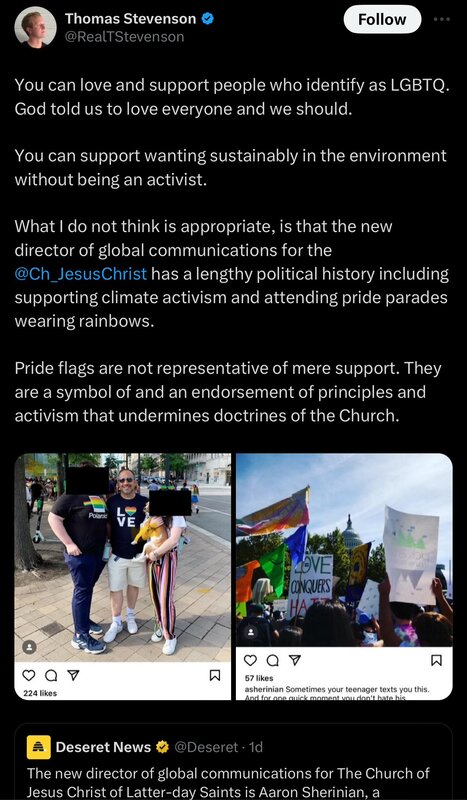 I'm at a loss as to why doubting Thomas thinks the LDS Church is against "climate activism," a topic it has never addressed in its entire history. It's been all but silent on environmental issues altogether. The one time I'm aware of that any of its leaders even publicly acknowledged climate change was in a devotional speech at BYU-Hawaii in 2017 when apostle Dallin Oaks said, "These are challenging times, filled with big worries: wars and rumors of wars, possible epidemics of infectious diseases, droughts, floods, and global warming. Seacoast cities are concerned with the rising level of the ocean, which will bring ocean tides to their doorsteps or over their thresholds. Global warming is also affecting agriculture and wildlife." Dallin Oaks is not one of my favorite people, but I appreciate that he's not a mindless partisan hack. 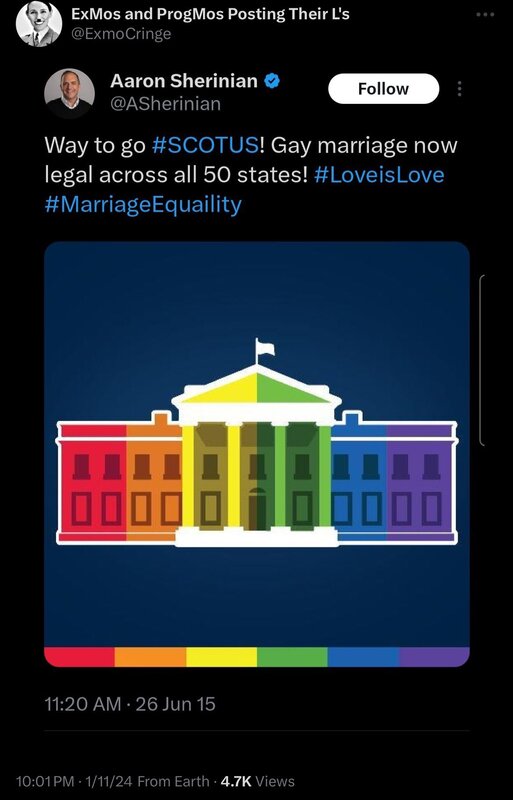 Not because of this particular post, but the person running this account is one of the few that I wholeheartedly believe deserves to burn in hell. I don't think it's humanly possible for him to be stupid or delusional enough to believe that Jesus would approve of his vile behavior. Yes, his profile picture is former New Zealand Prime Minister and ex-Mormon Jacinda Ardern with a Hitler mustache. I guess conservatives think she's a Nazi because her administration's response to the pandemic saved an estimated 80,000 lives. Or maybe it's because she responded to New Zealand's one mass shooting by taking steps to keep it from happening again, and then it didn't happen again. That's not the American way!  "iT's StIlL uP tO tHe StAtEs To DeCiDe" No, it isn't, it hasn't been for eight and a half years, and we all know that damn well that conservatives wouldn't complain about "states' rights" if the Supreme Court decided to ban same-sex marriage or abortion nationwide. They're no more sincere with this argument now than they were when they used it to defend slavery and segregation. 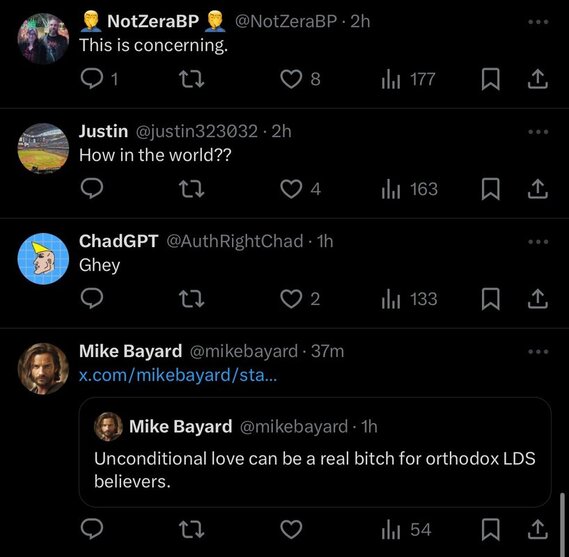 ^ This. And, again, it doesn't actually seem to be possible to love gay people while opposing their "lifestyle." With the same occasional exceptions you would find among straight people, being in same-sex relationships (against LDS teachings) makes gay people happy, and being alone and celibate for life (in accordance with LDS teachings) makes gay people miserable. If you believe gay people should live in accordance with LDS teachings, you believe they should do that which demonstrably makes them miserable. And that isn't love by any reasonable definition. 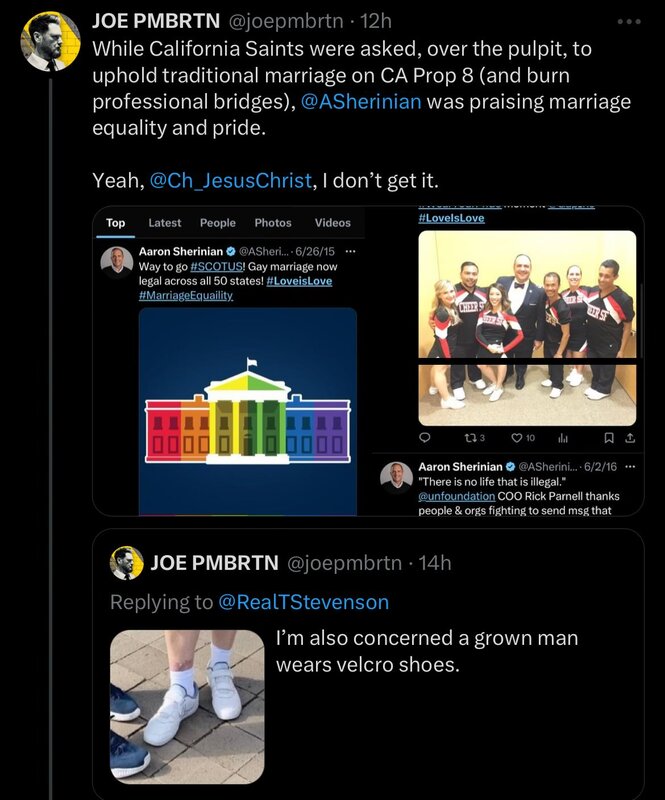 1. Mormons have less right than almost anyone else in the world to get on a high horse about "traditional marriage." 2. Same-sex marriage has not erased "traditional marriage." 3. Yeah, this is kind of hypocritical for the LDS Church. Kind of like when it bragged about Michelle Wright Amos, a mission president's wife, being a NASA engineer who helped put the Perseverance rover on Mars, even though she held that position because decades earlier she'd disregarded the prophet's counsel for all married women to be stay-at-home moms.  This guy has really internalized the church's manipulative blame-reversal BS. Nothing can ever be God's fault, the prophet's fault, or the church's fault, so any time something doesn't work out the way God or the prophet or the church said it would, it's your fault. Joseph Smith was a master of this. Once you see it throughout the Doctrine and Covenants, you can't unsee it. Also, Brigham Young was a lunatic, and people who admire him should probably be on a domestic terrorist watchlist. 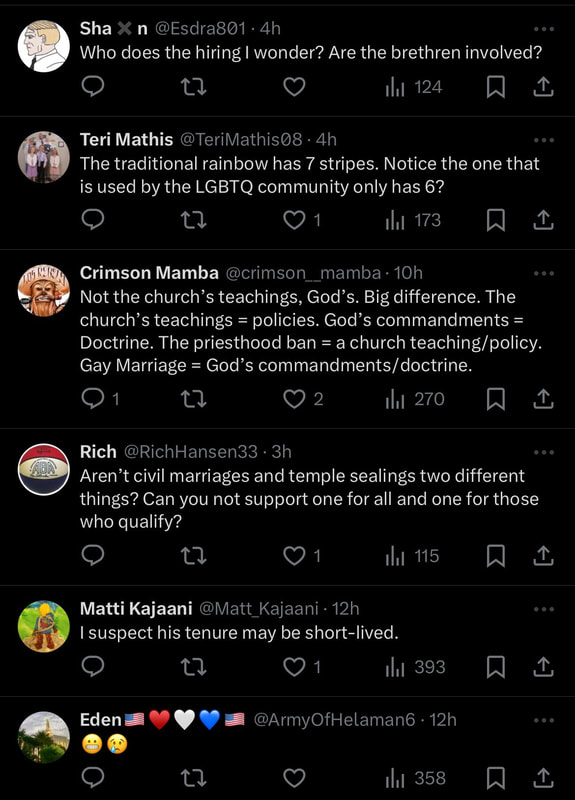 Crimson Mamba is clearly unaware of what the First Presidency said in an official statement dated August 17, 1949: "The attitude of the Church with reference to the Negroes remains as it has always stood. It is not a matter of the declaration of a policy but of direct commandment from the Lord, on which is founded the doctrine of the Church from the days of its organization, to the effect that Negroes may become members of the Church but that they are not entitled to the Priesthood at the present time." After getting the winter off to a dry start, we got a lot of snow in Logan last night. It's supposed to snow for most of this week and get very cold. I'm not a fan, but it will help with the drought. And at least we'll get a few more seconds of sunlight every day. January is an endurance test. I'd like to pass along a couple of articles that I read after someone else passed along this week. First, from Scientific American, Can God Be Proved Mathematically? I almost didn't bother to read it because I care a lot less about whether God exists than I used to. I reached the conclusion a while ago that the universe probably does depend on a higher power that most of us call God for its existence, but I see little evidence that this power is intervening in my life or in world affairs, so whether it merely ignores my prayers or doesn't exist at all makes little difference to me. I still pray every night, but mostly just as a cathartic ritual to talk about my life. I rarely waste my breath asking for things anymore. So I'm far more concerned about what happens after I die, and I know that if consciousness continues, it isn't magic. It follows laws just like the rest of the universe. So if the universe doesn't need God in order to exist, neither does eternal life or reincarnation or whatever. Spoiler alert for the article: some mathematical arguments create a rational foundation for smart people to believe in God, but they don't definitively prove his existence to the satisfaction of other smart people. You probably could have guessed that.
The person who passed these articles along was a Mormon. I didn't argue with him because he wasn't being a jackass, and I try not to argue with people just for the sake of tearing down their beliefs if they're not being jackasses. But here in my own space I'd just like to mention that the God postulated by philosophy and mathematics is not the deity that Mormons believe in. It's not an exalted man with a wife (or wives) whom we're not supposed to talk about or pray to. It's not an object among all the other objects in the universe, located in one physical place. It's an entirely different class of entity, one that contains the cause of its own existence and which, therefore, is uniquely capable of being the cause for everything else's existence. And it's everywhere, not just in the sense that Mormons say God's knowledge and influence are everywhere, but literally everywhere in equal measures at all times. The same arguments that make this God's existence plausible have the opposite effect on the Mormon God, and most Mormons probably don't recognize that because they just say "God" without worrying about the significant differences between how they and other theists define that term. Half of that article is devoted to Kurt Gödel's mathematical proof, the most recent and sophisticated, and then the whole other article is about him. From aeon, We'll Meet Again discusses the arguments that Gödel laid out for his private belief in an afterlife in four letters to his mother. Here he became more philosophical than mathematical. He argued, in summary, that if the world is rationally organized, as we have reason to believe it is for the simple reason that science works, then our existence must continue after death to rectify the irrationality of our miserable lives and wasted potential. He cited the human capacity for learning as the purpose of this afterlife. "In particular," he wrote, "one must imagine that the ‘learning’ occurs in great part first in the next world, namely, in that we remember our experiences from this world and come to understand them really for the first time, so that our this-worldly experiences are - so to speak - only the raw material for learning." That certainly resonates with Mormon beliefs in broad strokes, though Gödel didn't say anything about making spirit babies with multiple wives for eternity. Again, this argument won't convince a determined skeptic, but Gödel's intellect and education ought to have humbled the guy in the comments section who assumed that he'd somehow never considered entropy in his calculations. I only want to touch on one comment from a reader who, after agreeing with Gödel's arguments elsewhere that pure materialism doesn't hold up under logical scrutiny, added, "OTOH, his arguments about intrinsic meaningfulness and purpose sound downright medieval. Darwin showed clearly enough that everything we know as purpose can arise from blind evolution. And we’ve had a century to get used to the idea that our senses of meaning and purpose are not invalidated by their emergent nature. There is no need to posit a cosmic source to validate our feeling them." When I read the word "medieval" I flashed back to what David Bently Hart wrote in The Experience of God: Being, Consciousness, Bliss. He said that different philosophical worldviews never become outdated, just unfashionable. (Some would say that's why philosophy is useless.) Aristotle taught about four different kinds of causes: material (what is it made of), formal (what is its form), efficient (what makes it happen), and final (what is its purpose). These kinds are not exclusive. In the Aristotelian worldview, there's no reason why Darwinian evolution and a cosmic source can't both be causes of our sense of meaning and purpose. I think the former would be the efficient cause and the latter would be the final cause. This view hasn't been disproven, nor can it be; it just isn't fashionable right now because people embrace pure materialism instead. As I read this article, I got a warm, peaceful feeling. According to my Mormon indoctrination, that was the Holy Ghost testifying that Gödel's beliefs were true. But now I know that it was just me testifying that I want them to be true. It's very difficult to keep personal biases out of such things when most of us are deeply programmed to not want our consciousness to be annihilated. But on the other hand, my pessimistic fear that existence is entirely meaningless, unfair, and temporary after all is a bias that might be just as powerful in the opposite direction. I'm pretty confident that there's an afterlife. I'll never again say that I know because I won't know until I'm dead, and then if I'm wrong, I still won't. But my months of existential terror are over for now, I think. |
"Guys. Chris's blog is the stuff of legends. If you’re ever looking for a good read, check this out!"
- Amelia Whitlock "I don't know how well you know Christopher Randall Nicholson, but... he's trolling. You should read his blog. It's delightful." - David Young About the AuthorC. Randall Nicholson is a white cisgender Christian male, so you can hate him without guilt, but he's also autistic and asexual, so you can't, unless you're an anti-vaxxer, in which case the feeling is mutual. This blog is where he periodically rants about life, the universe, and/or everything. Archives
July 2024
Categories
All
|
- Home
- Blog
-
My Literary Works
- Comics by C. Randall Nicholson >
-
Short Stories by C. Randall Nicholson
>
- Childish Stories
- My Dearest Catherine
- It's Really Cold Out There
- Walter Mitty - The Sixth Daydream
- Jesus is a Liberal
- El Coronel - Epílogo
- A Couple of Very Cynical Parables
- Interview with the Ruler of the World (Me)
- The Star Wars Missionary
- Chelise
- Traumfrau
- All Hands on Deck
- It Ain't Ogre Till It's Ogre
- Black Tom: The Unauthorized Encore
- Brittany and the Bear
- Lunatics: A Space Girls Story
- Adventures in the FDR >
- Poems and Songs by C. Randall Nicholson >
-
Essays by C. Randall Nicholson
>
- Childish Essays by C. Randall Nicholson
- Los Braceros
- The Great Pacific Garbage Patch
- The Witches of "Macbeth"
- Evita
- The Second Amendment to the Constitution: Why it is Important to Our Nation
- USU Honors Program Application Essay
- The Giraffe Deception
- Member Missionary Message
- I'm Just a Little Unwell: Coping with Asperger's Syndrome
- Dating Seminar
- An Open Letter to Critics of The Church of Jesus Christ of Latter-day Saints
- How Can any Intelligent Person Be a Mormon?
- Faith and Doubt in My Life
- Discarding Dated Dinosaur Dogmas: Robert T. Bakker and the Dinosaur Renaissance
- Religion, Science, and Art: Elements of the Gospel of Truth
- Why Latter-day Saints Should Embrace Evolution
- Daoism
- Spiritual Autobiography
- From the East: Hinduism and Islam as Compared to My Western Faith Tradition through Poetry
- In Defense of Pickup Lines
- Ass Burgers
- Chasing Kelsey
- Both of the Things Wrong with Charlotte Temple
- Sir Thomas More's Critiques and Commendations for Catholicism
- The Legend of Christor
- How Eugene England Helped Me Transform My Testimony
- Graduate School Statement of Intent
- "Please Join with Us Now in Common Purpose": A Discourse Analysis
- Legos and Gender
- Things That Rhyme with "Elise"
- I Want to Believe: The Persistence of Alien Folklore
-
Reviews by C. Randall Nicholson
>
- Review of "Howard the Duck"
- Review of "Letter to a Christian Nation"
- Review of the LDS Institute's "Uncommon Hour"
- Review of "Madagascar 3"
- Review of "Dating Doctor David Coleman"
- Review of "David and the Magic Pearl"
- Review of the "Mata Nui Online Game (MNOG)"
- Review of "Evolution and Mormonism"
- Review of "Callahan's Crosstime Saloon" (Game)
- Review of "Modern Romance"
- Review of "Solo: A Star Wars Story"
- Review of "The Legend of Zelda: Ocarina of Time"
- Review of "The Book of Mormon" (Musical)
- Review of Jenson Books
- Review of "Live Not By Lies"
-
Literary Fragments by C. Randall Nicholson
>
- Childish Scraps
- The Adventures of Nichch Bror
- Reaching (for the Stars)
- Boys vs. Girls Book 1: The Conflict >
- Dave is a Square
- Star Wreck
-
The Legend of Aaron LaBarr
>
- 1 Marauders of the Mythical Man Chapter One
- 1 Marauders of the Mythical Man Chapter Two
- 1 Marauders of the Mythical Man Chapter Three (Unfinished)
- 1 Marauders of the Mythical Man Chapter Four (Unfinished)
- 2 Crusaders of the Crystalline Chronostone Chapter One (Unfinished)
- 2 Crusaders of the Crystalline Chronostone Chapter Two (Unfinished)
- 2 Crusaders of the Crystalline Chronostone Chapter Three (Unfinished)
- 2 Crusaders of the Crystalline Chronostone Miscellaneous
- 3 Pursuers of the Priceless Power Chapter Two (Unfinished)
- The War >
- The Space Detective
- Skin Deep
- The Sword of Laban >
- LDS Church History Timeline
- Jennifer and Lance
- Logan YSA 36th Ward 2018 History
- Unsent Correspondence by C. Randall Nicholson
- Correspondence Regarding the Worst Day of My Life So Far
-
Indiana Jones and the Saucer Men from Mars
>
- Indiana Jones and the Saucer Men from Mars - Prologue
- Indiana Jones and the Saucer Men from Mars - Chapter One
- Indiana Jones and the Saucer Men from Mars - Chapter Two
- Indiana Jones and the Saucer Men from Mars - Chapter Three
- Indiana Jones and the Saucer Men from Mars - Chapter Four
- Indiana Jones and the Saucer Men from Mars - Chapter Five
- Indiana Jones and the Saucer Men from Mars - Chapter Six
- Indiana Jones and the Saucer Men from Mars - Chapter Seven
- Indiana Jones and the Saucer Men from Mars - Chapter Eight
- Indiana Jones and the Saucer Men from Mars - Chapter Nine
- Indiana Jones and the Saucer Men from Mars - Chapter Ten
- Indiana Jones and the Saucer Men from Mars - Chapter Eleven
- Indiana Jones and the Saucer Men from Mars - Chapter Twelve
- Indiana Jones and the Saucer Men from Mars - Chapter Thirteen
- Indiana Jones and the Saucer Men from Mars - Epilogue
- Behind the Scenes of "Indiana Jones and the Saucer Men from Mars"
-
Indiana Jones and the Monkey King
>
- Indiana Jones and the Monkey King - Prologue
- Indiana Jones and the Monkey King - Chapter One
- Indiana Jones and the Monkey King - Chapter Two
- Indiana Jones and the Monkey King - Chapter Three
- Indiana Jones and the Monkey King - Chapter Four
- Indiana Jones and the Monkey King - Chapter Five
- Indiana Jones and the Monkey King - Chapter Six
- Indiana Jones and the Monkey King - Chapter Seven
- Indiana Jones and the Monkey King - Chapter Eight
- Indiana Jones and the Monkey King - Chapter Nine
- Indiana Jones and the Monkey King - Chapter Ten
- Indiana Jones and the Monkey King - Chapter Eleven
- Indiana Jones and the Monkey King - Chapter Twelve
- Indiana Jones and the Monkey King - Chapter Thirteen
- Indiana Jones and the Monkey King - Chapter Fourteen
- Indiana Jones and the Monkey King - Epilogue
- Running Logan Canyon
- Crusaders of the Chrono-Crystal >
-
About Me
-
About Mormons
- Why Are Mormons So Hot?
- LDS Temples
-
LDS Scriptures
>
- Growth of the LDS Church
-
LDS Racial History
>
- The Lamanite Curse in the Book of Mormon
- The LDS Church and Native Americans Nineteenth Century
- The LDS Church and Native Americans Twentieth Century
- The LDS Church and Native Americans Twenty-first Century
- Black Latter-day Saints Before June 1978
- Abner Howell, Black Latter-day Saint
- Dr. Lowry Nelson vs. the LDS First Presidency
- Race Problems - As They Affect the Church
- Ezra Taft Benson vs. the Civil Rights Movement
- The LDS Church and Slavery
- The LDS Church and Interracial Marriage
- The LDS Church and Black People: Historical Context (Pre-1830)
- The LDS Church and Black People 1830-1837
- The LDS Church and Black People 1838-1842
- The LDS Church and Black People 1843-1844
- The LDS Church and Black People 1845-1848
- The LDS Church and Black People 1849-1852
- The LDS Church and Black People 1853-1860
- The LDS Church and Black People 1861-1868
- The LDS Church and Black People 1869-1878
- The LDS Church and Black People 1879-1889
- The LDS Church and Black People 1890-1899
- The LDS Church and Black People 1900-1903
- The LDS Church and Black People 1904-1907
- The LDS Church and Black People 1908-1912
- The LDS Church and Black People 1913-1930
- The LDS Church and Black People 1931-1946
- The LDS Church and Black People 1947
- The LDS Church and Black People 1948-1954
- The LDS Church and Black People 1955-1959
- The LDS Church and Black People 1960
- The LDS Church and Black People 1961-1962
- The LDS Church and Black People 1963
- The LDS Church and Black People 1964
- The LDS Church and Black People 1965
- The LDS Church and Black People 1966
- The LDS Church and Black People 1967
- The LDS Church and Black People 1968
- The LDS Church and Black People 1969
- The LDS Church and Black People 1970
- The LDS Church and Black People 1971-1972
- The LDS Church and Black People 1973-1975
- The LDS Church and Black People 1976-1977
- The LDS Church and Black People 1978
- The LDS Church and Black People 1979-1984
- The LDS Church and Black People 1985-1988
- The LDS Church and Black People 1989-1994
- The LDS Church and Black People 1995-1998
- The LDS Church and Black People 1999-2002
- The LDS Church and Black People 2003-2006
- The LDS Church and Black People 2007-2010
- The LDS Church and Black People 2011-2012
- The LDS Church and Black People 2013-2015
- The LDS Church and Black People 2016-2017
- The LDS Church and Black People 2018
- The LDS Church and Black People 2019
- The LDS Church and Black People 2020
- The LDS Church and Black People 2021
- The LDS Church and Black People: Moving Forward
- The Bruce R. McConkie Fan Page
- LDS Culture Pet Peeves
- Why I Wholeheartedly Accept Organic Evolution >
- Are the General Authorities Human?
- A Brief History of LDS Polygamy
- A Brief History of Women in the LDS Church >
- Is the LDS Church Homophobic? >
- The LDS Church and Islam / كنيسة يسوع المسيح والإسلام
- Heavenly Mother
- Mormons in America
- The Tragedy of Kip Eliason
- Is the Book of Mormon a Fraud
- Joseph Smith's Prophecies >
- Mormonism's Infallible Prophets
- A Response to the Address "The Real Meaning of the Atonement"
- Affection in Marriage
- Is There No Help for the Widow's Son?
-
An Address to All Believers in Christ
>
- An Address to All Believers in Christ - Chapter I
- An Address to All Believers in Christ - Chapter II
- An Address to All Believers in Christ - Chapter III
- An Address to All Believers in Christ - Chapter IV
- An Address to All Believers in Christ - Chapter V
- An Address to All Believers in Christ - Chapter VI
- An Address to All Believers in Christ - Chapter VII
- An Address to All Believers in Christ - Chapter VIII
- An Address to All Believers in Christ - Chapter IX
- An Address to All Believers in Christ - Chapter X
- An Address to All Believers in Christ - Chapter XI
- An Address to All Believers in Christ - Chapter XII
-
These Amazing Mormons!
>
- Introduction
- I. Meeting the Mormons
- II. Holy Books
- III. The Capital of Mormondom
- IV. Industrial Adaptation
- V. Church Organization
- VI. The Priesthood
- VII. Relief Society
- VIII. Church Welfare Program
- IX. The Word of Wisdom
- X. Business, Labor, Politics
- XI. Architecture
- XII. Education
- XIII. Their Missionary System
- XIV. Propaganda
- XV. The Family
- XVI. Sunday School
- XVII. Primary
- XVIII. Young People
- XIX. The Temple
- XX. Polygamy
- About the Author
- Anti-Mormonism >
- Why I Left the Church of Jesus Christ of Latter-day Saints
-
Whatever
- The Milo Nicholson Memorial Page
- My Unsolicited Spiel on Abortion
- Anti-Vaxxers Make Me Sick
- In Defense of Pedophiles
- The Kyle Cootware Memorial Page
- My Artistic Creations
- Women >
- How to Make a Movie
- The Progressive Bill of "Rights"
- Back in the USSR
- Why We Should Support the War on Drugs
- Why I Love India
- The Joys of DOSBox
- The Hugh Hefner Memorial Page
- Why Engagement Rings are Stupid
- Creating a Pedagogy of Critical Thinking and Student Agency
- Karzahni
- Contact
- Links
crandallnicholson at gmail dot com
My other websites:
Amazon Author Page
Life, the Universe, and Everything Wiki
Entebbe Alpha & Omega Development Organization Uganda
Everything that can be copyrighted by me is © C. Randall Nicholson (he/him) 2010-2024, and everything that cannot is not. As should be obvious to any reasonable person, this website is not owned by, endorsed by, sponsored by, accepting bribes from, or affiliated in any way with The Church of Jesus Christ of Latter-day Saints, Utah State University, any political parties or candidates, Lucasfilm, Nintendo, the Irish Mafia, or anyone else except me. The inclusion of external sources is not an endorsement of every viewpoint or claim contained therein. Due to government restrictions, this website is not available in Abbudin, Agrabah, Aidnaryk, Aldastan, Aldovia, Aleshar, Algaria, Alphenlicht, Andalasia, Ankh-Morpork, Arcium, Arendelle, Arendia, Arjuna, Armaeth, Artakha, Artidax, Astel, Atan, Attolia, Avalon, Beltrazo, Benlucca, Berzerkistan, Bialya, Blefuscu, Borduria, Borogravia, Brovania, Brynnel, Bulungi, Calatia, Caldonia, Cammoria, Carbombya, Carnolitz, Casbahmopolis, Catan, Cherek, Chima, Chyrellos, Cthol Murgos, Cynesga, Cythera, Daconia, Dacovia, Däfos, Dalasia, Dalsona, Daxia, Deira, Delchin, Deltora, Derka-derkastan, Destral, Dinotopia, Drasnia, Duban, Dubatio, Eddis, Edom, Eire, Elbonia, Elenia, Enchancia, Equatorial Kundu, Equestria, Erewhon, Flatland, Florin, France, Freedonia, Fuh, Gamelon, Ganesia, Gar og Nadrak, Genosha, Genovia, Gilead, Goona, Gorch, Grand Fenwick, Guilder, Gwyliath, Haganistan, Holodrum, Honalee, Hortensia, Hyrule, Hytopia, Illyria, Ishtar, Jedera, Jemal, Jenno, Jiardasia, Jueland, Kadir, Kalynthia, Kamistan, Kantaria, Katakor, Katurrah, Kazhistan, Khairpura-Bhandanna, Khakistan, Khemed, Kibalakaboo, Koholint, Kookatumdee, Koridai, Krakozhia, Kumranistan, Kunami, Kyrat, Kyrzbekistan, Labrynna, Lamorkand, Latveria, Lemmink, Lichtenslava, Lilliput, Lorule, Lotharia, Lubovosk, Maldonia, Maragor, Mata Nui, Matar, Medici, Mesociam, Metru Nui, Mishrak ac Thull, Moldera, Monterria, Muldavia, Nambutu, Narnia, Naruba, Nehwon, North Azbaristan, Nuevo-Rico, Nutopia, Nyissa, Nynrah, Odina, Okoto, Oriana, Oz, Pallia, Panem, Pappyland, Patusan, Pelosia, Penglia, Perivor, Pilchardania, Pincoya, Pingo-Pongo, Poldavia, Poptropica, Pottsylvania, Quelf, Qumar, Qumran, Qurac, Ramat, Rendor, Riva, Ronguay, Ruritania, Samavia, San Lorenzo, San Theodoros, São Madrigal, São Rico, Scatland, Schmuldavia, Sendaria, Shamar, Slafka, Slokovia, Slorenia, Sodor, Sokovia, Sondonesia, Sosaria, Sounis, South Azbaristan, Stelt, Strong Badia, Subrosia, Syldavia, Sylvania, Tamul, Tanol, Tarenta, Tashistan, Tega, Terabithia, Termina, Tetaragua, Thalesia, Thatotherstan, Thulahn, Tolemac, Tolnedra, Tomania, Transia, Trazere, Turaqistan, Turmezistan, Ul'dah, Ulgoland, the United States of Auradon, Utopia, Valesia, Velattiane, Voresbo, Voya Nui, Wadata, Wadiya, Wakanda, Westeros, Wongo, Wrenly, Xanth, Xia, Zakaz, Zamad, Zamunda, Zaraq, Zekistan, or Zenovia. I apologize for the inconvenience.
My other websites:
Amazon Author Page
Life, the Universe, and Everything Wiki
Entebbe Alpha & Omega Development Organization Uganda
Everything that can be copyrighted by me is © C. Randall Nicholson (he/him) 2010-2024, and everything that cannot is not. As should be obvious to any reasonable person, this website is not owned by, endorsed by, sponsored by, accepting bribes from, or affiliated in any way with The Church of Jesus Christ of Latter-day Saints, Utah State University, any political parties or candidates, Lucasfilm, Nintendo, the Irish Mafia, or anyone else except me. The inclusion of external sources is not an endorsement of every viewpoint or claim contained therein. Due to government restrictions, this website is not available in Abbudin, Agrabah, Aidnaryk, Aldastan, Aldovia, Aleshar, Algaria, Alphenlicht, Andalasia, Ankh-Morpork, Arcium, Arendelle, Arendia, Arjuna, Armaeth, Artakha, Artidax, Astel, Atan, Attolia, Avalon, Beltrazo, Benlucca, Berzerkistan, Bialya, Blefuscu, Borduria, Borogravia, Brovania, Brynnel, Bulungi, Calatia, Caldonia, Cammoria, Carbombya, Carnolitz, Casbahmopolis, Catan, Cherek, Chima, Chyrellos, Cthol Murgos, Cynesga, Cythera, Daconia, Dacovia, Däfos, Dalasia, Dalsona, Daxia, Deira, Delchin, Deltora, Derka-derkastan, Destral, Dinotopia, Drasnia, Duban, Dubatio, Eddis, Edom, Eire, Elbonia, Elenia, Enchancia, Equatorial Kundu, Equestria, Erewhon, Flatland, Florin, France, Freedonia, Fuh, Gamelon, Ganesia, Gar og Nadrak, Genosha, Genovia, Gilead, Goona, Gorch, Grand Fenwick, Guilder, Gwyliath, Haganistan, Holodrum, Honalee, Hortensia, Hyrule, Hytopia, Illyria, Ishtar, Jedera, Jemal, Jenno, Jiardasia, Jueland, Kadir, Kalynthia, Kamistan, Kantaria, Katakor, Katurrah, Kazhistan, Khairpura-Bhandanna, Khakistan, Khemed, Kibalakaboo, Koholint, Kookatumdee, Koridai, Krakozhia, Kumranistan, Kunami, Kyrat, Kyrzbekistan, Labrynna, Lamorkand, Latveria, Lemmink, Lichtenslava, Lilliput, Lorule, Lotharia, Lubovosk, Maldonia, Maragor, Mata Nui, Matar, Medici, Mesociam, Metru Nui, Mishrak ac Thull, Moldera, Monterria, Muldavia, Nambutu, Narnia, Naruba, Nehwon, North Azbaristan, Nuevo-Rico, Nutopia, Nyissa, Nynrah, Odina, Okoto, Oriana, Oz, Pallia, Panem, Pappyland, Patusan, Pelosia, Penglia, Perivor, Pilchardania, Pincoya, Pingo-Pongo, Poldavia, Poptropica, Pottsylvania, Quelf, Qumar, Qumran, Qurac, Ramat, Rendor, Riva, Ronguay, Ruritania, Samavia, San Lorenzo, San Theodoros, São Madrigal, São Rico, Scatland, Schmuldavia, Sendaria, Shamar, Slafka, Slokovia, Slorenia, Sodor, Sokovia, Sondonesia, Sosaria, Sounis, South Azbaristan, Stelt, Strong Badia, Subrosia, Syldavia, Sylvania, Tamul, Tanol, Tarenta, Tashistan, Tega, Terabithia, Termina, Tetaragua, Thalesia, Thatotherstan, Thulahn, Tolemac, Tolnedra, Tomania, Transia, Trazere, Turaqistan, Turmezistan, Ul'dah, Ulgoland, the United States of Auradon, Utopia, Valesia, Velattiane, Voresbo, Voya Nui, Wadata, Wadiya, Wakanda, Westeros, Wongo, Wrenly, Xanth, Xia, Zakaz, Zamad, Zamunda, Zaraq, Zekistan, or Zenovia. I apologize for the inconvenience.
Proudly powered by Weebly



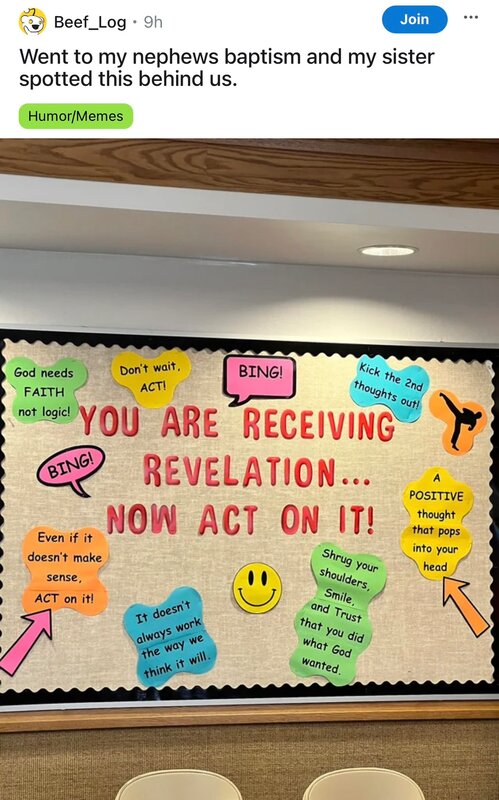
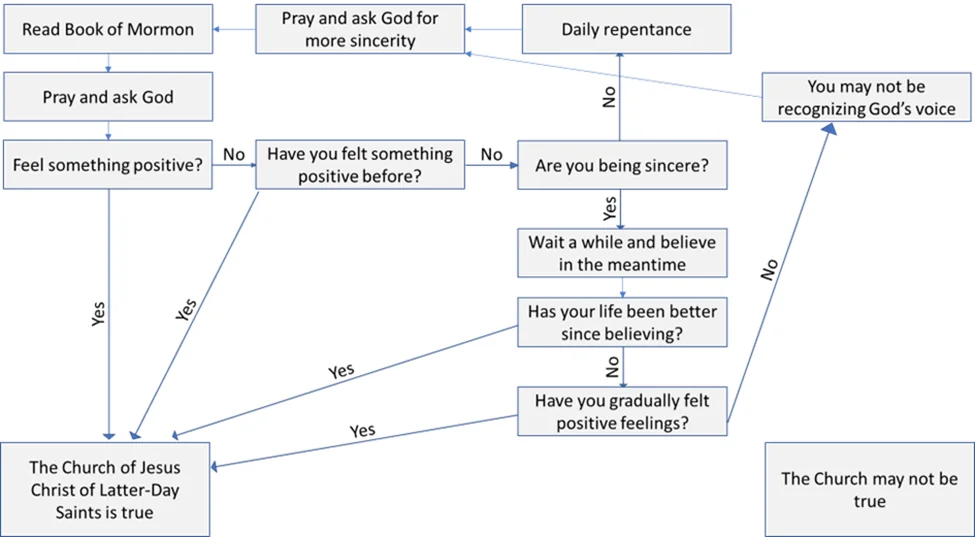
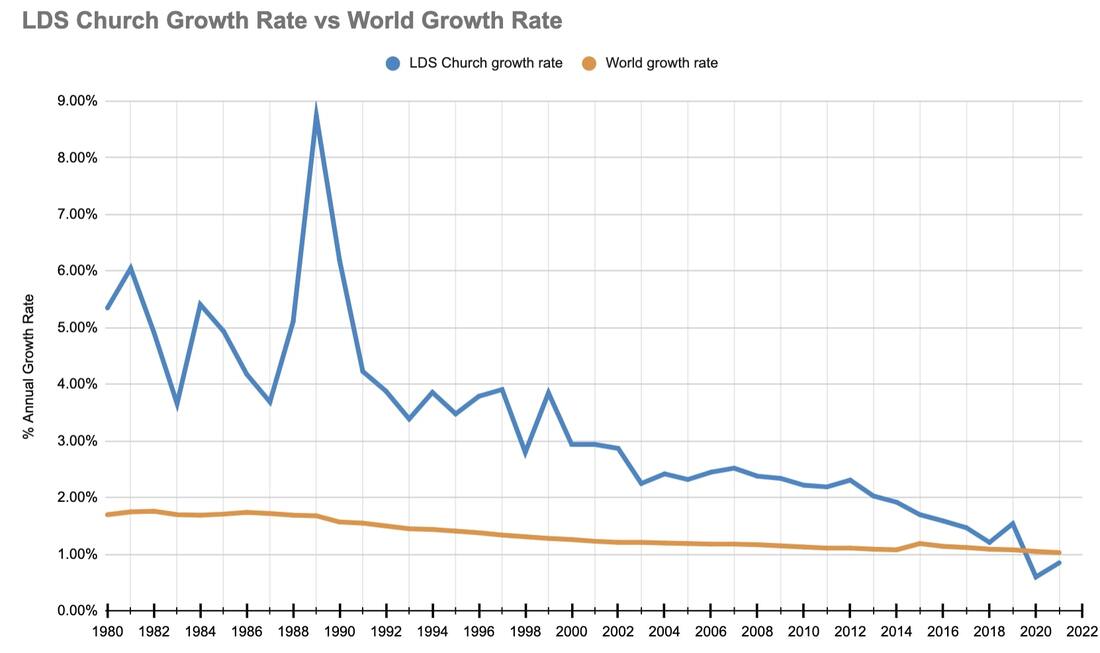
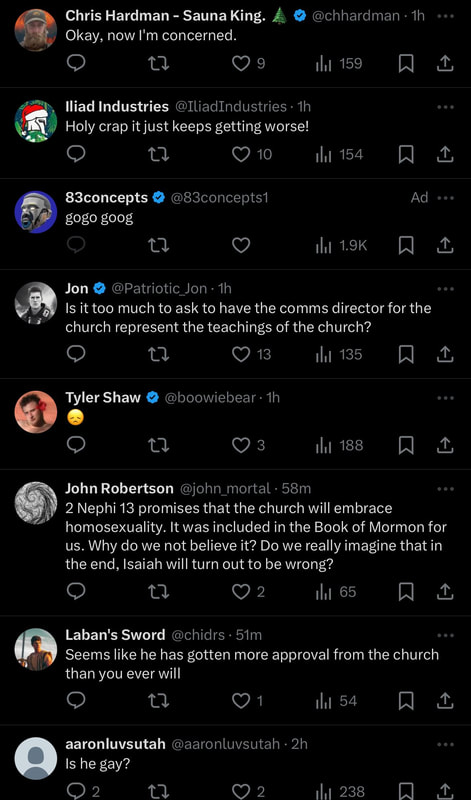
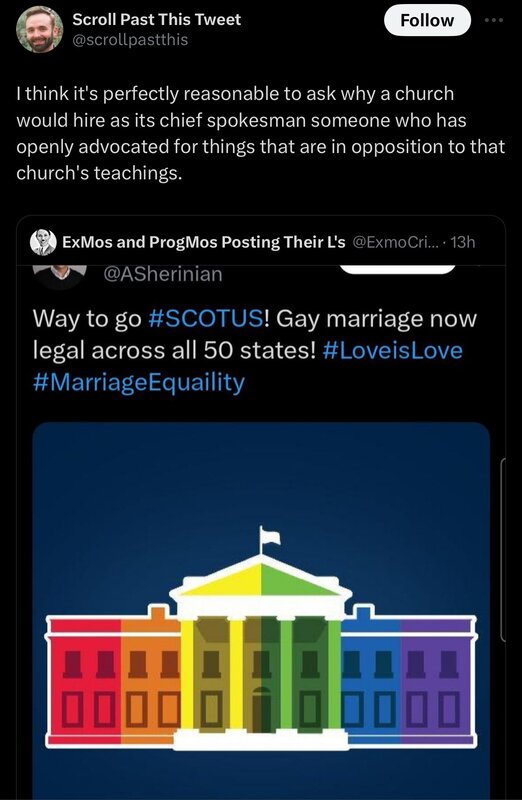

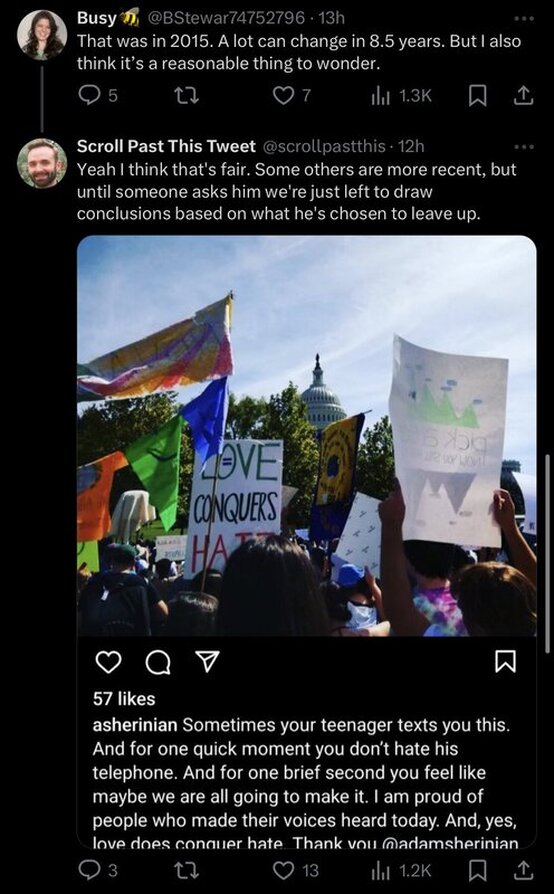
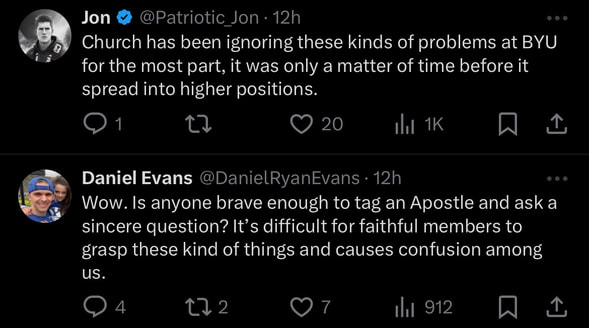
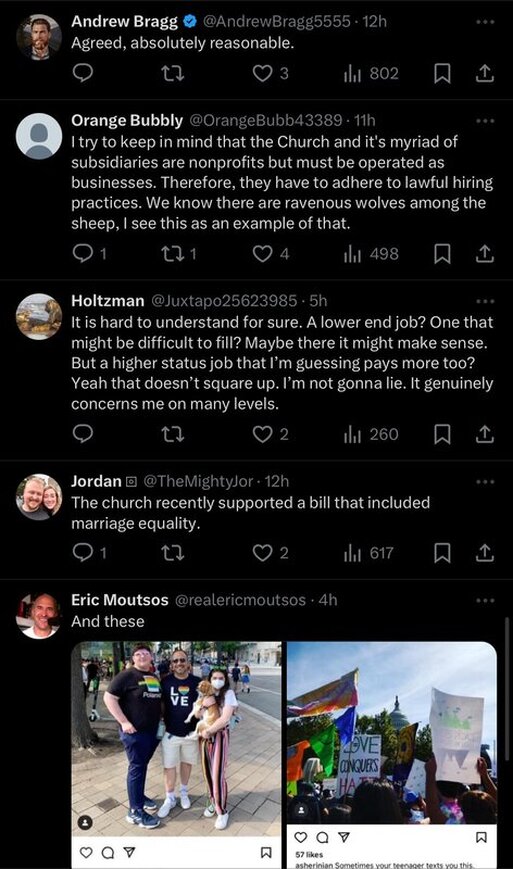
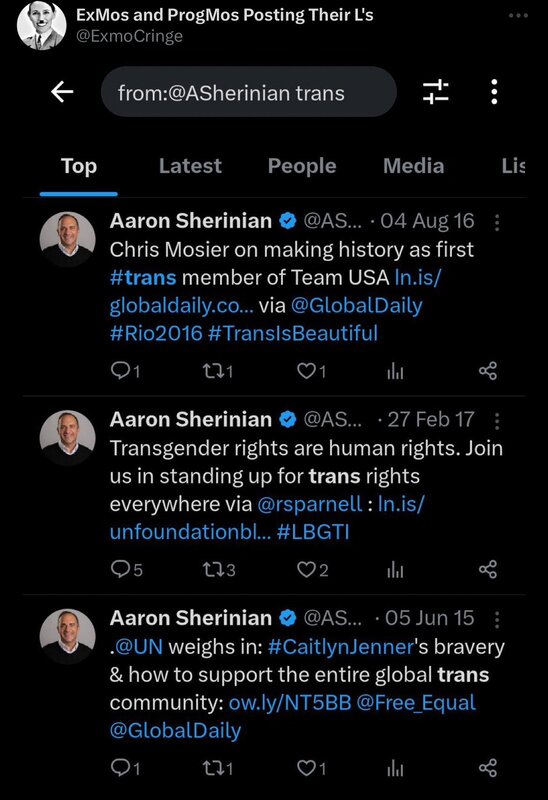

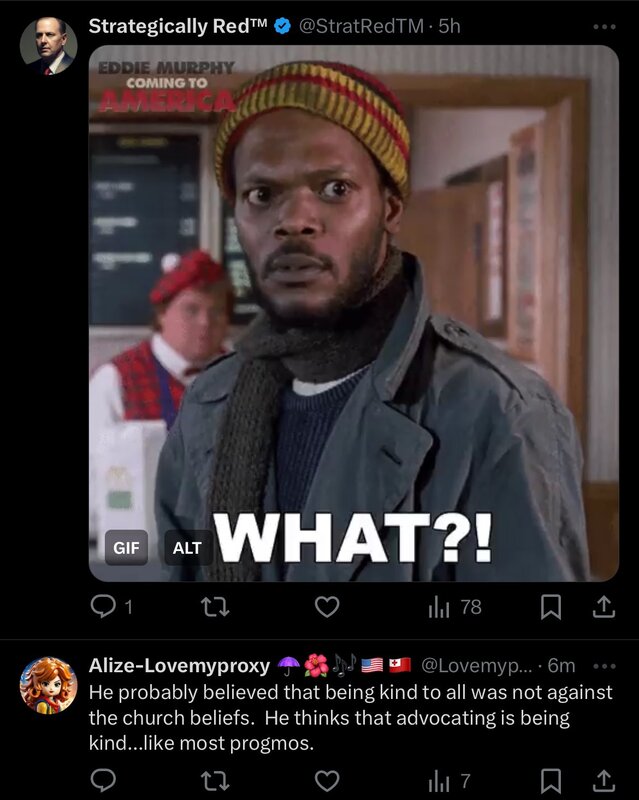
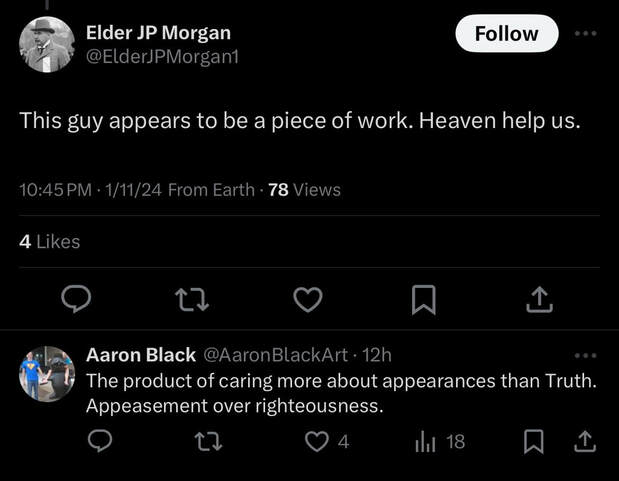

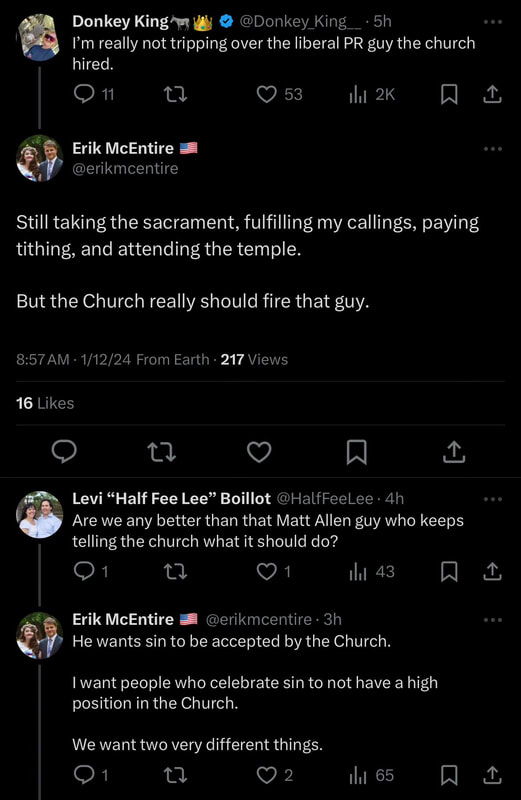
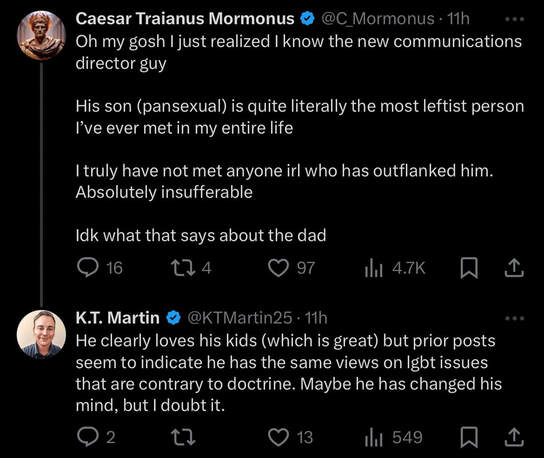
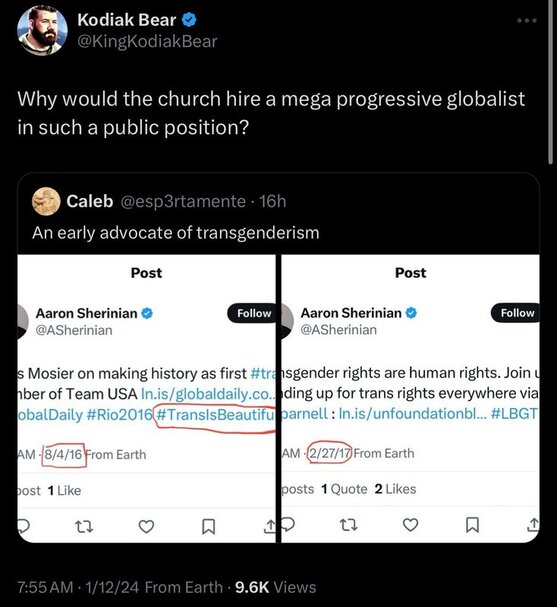
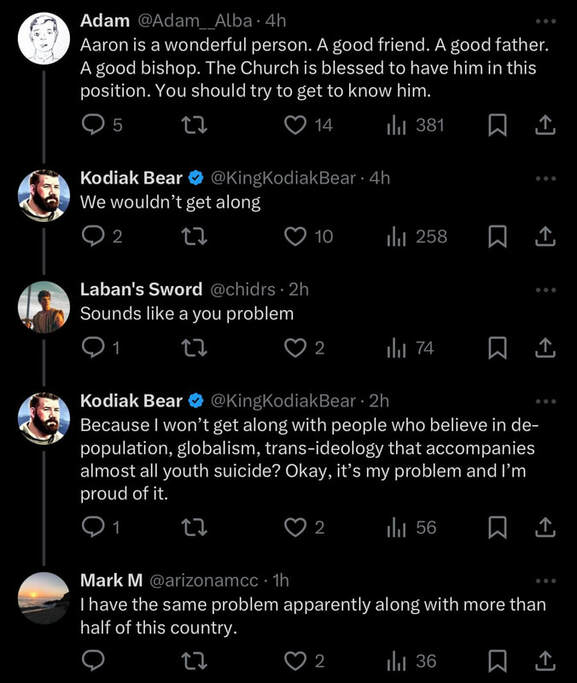
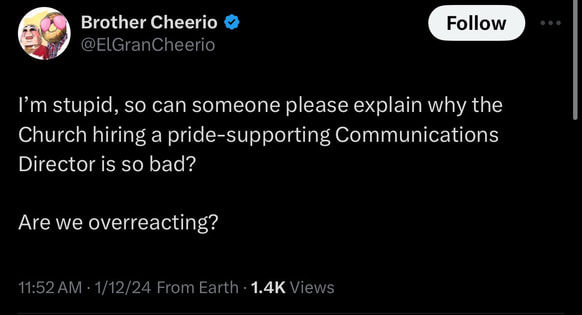
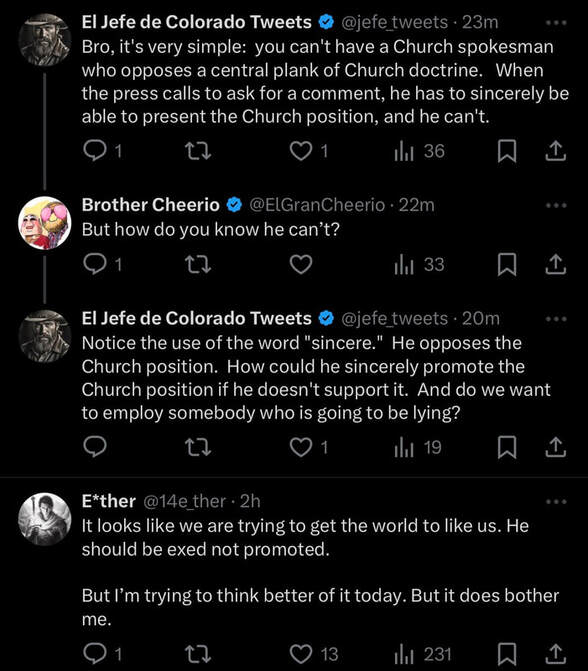
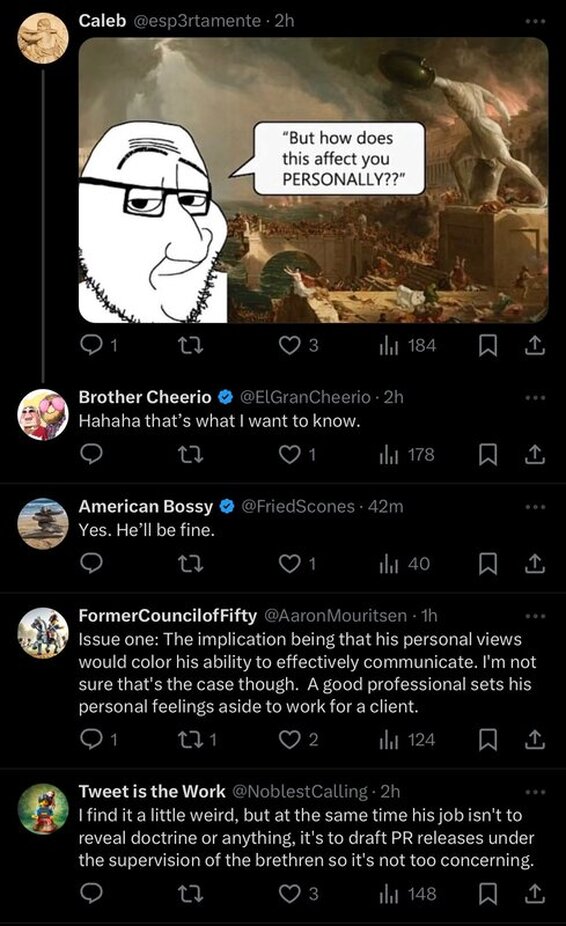
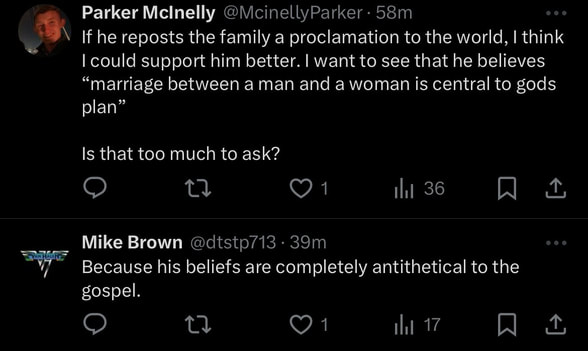
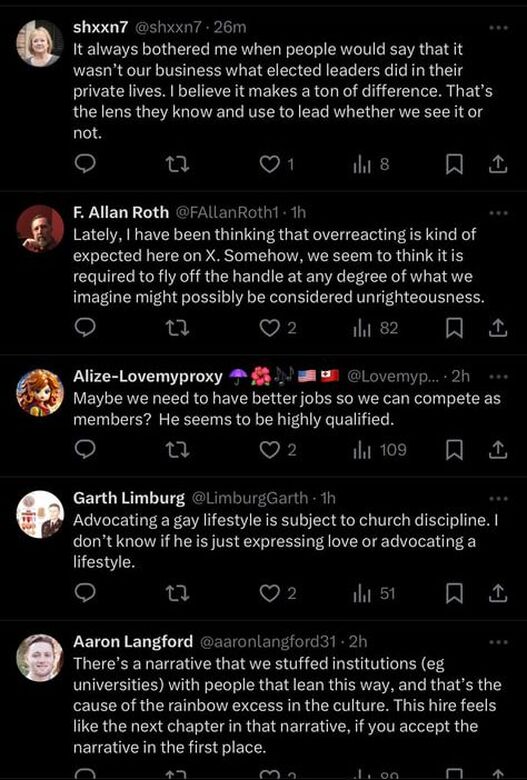
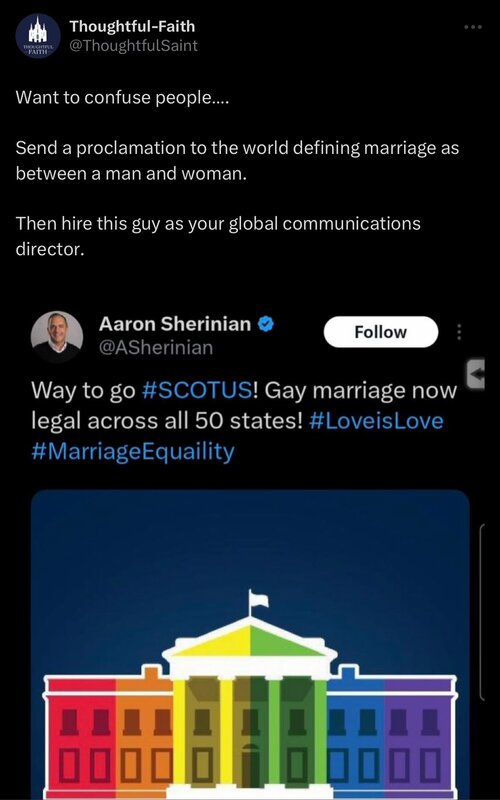
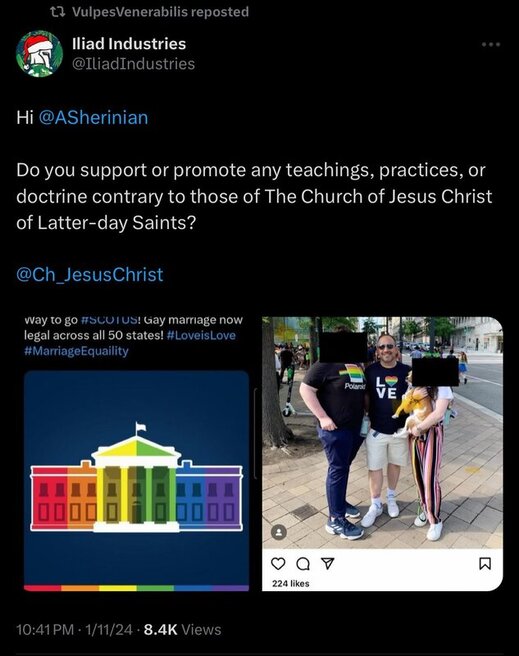
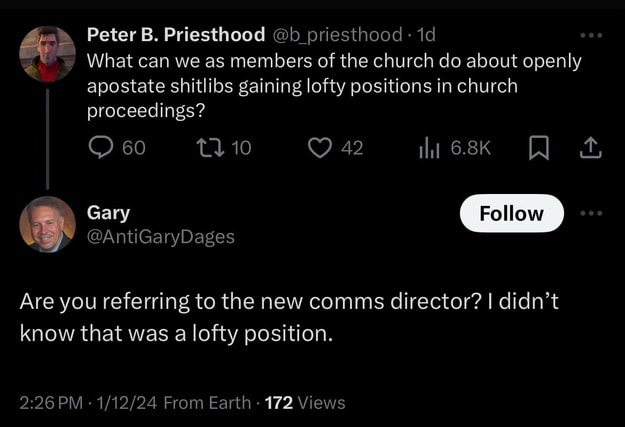

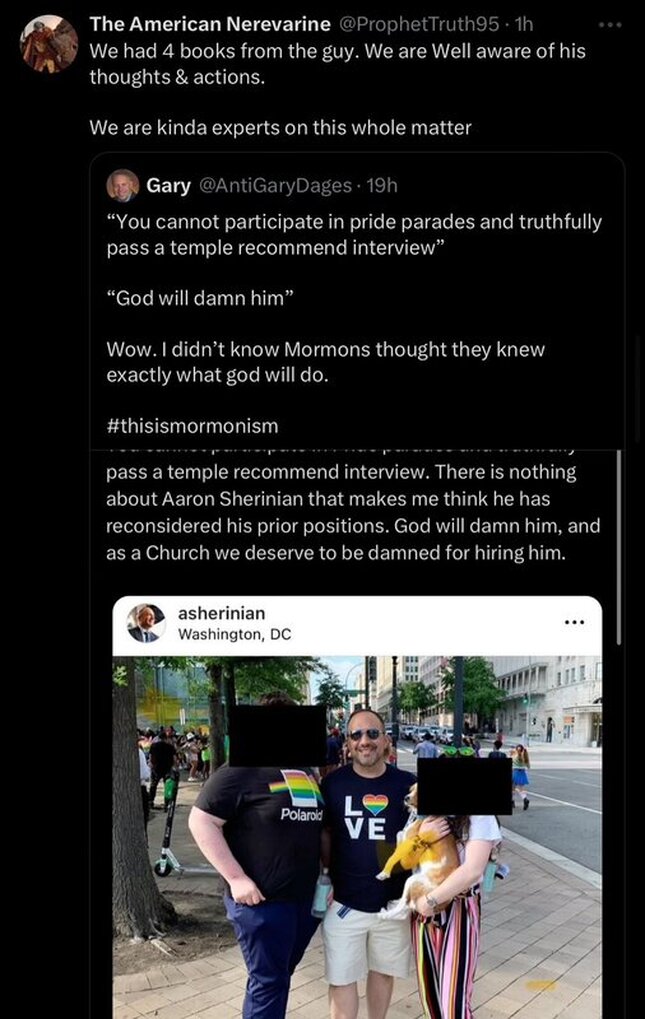
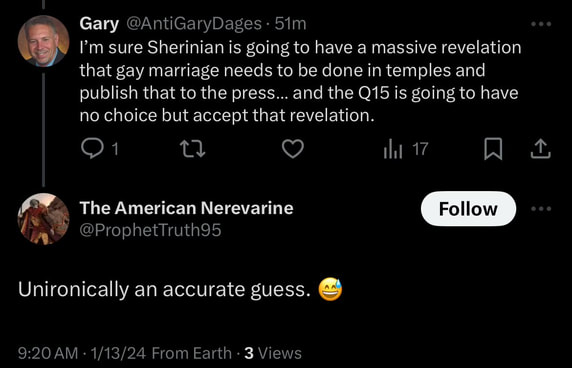
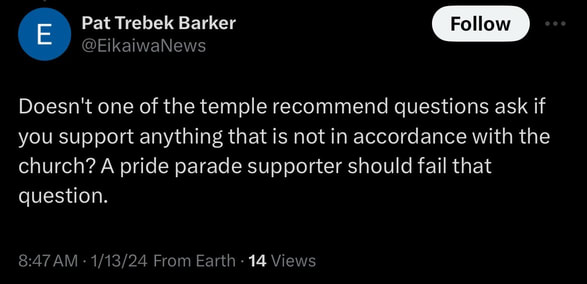
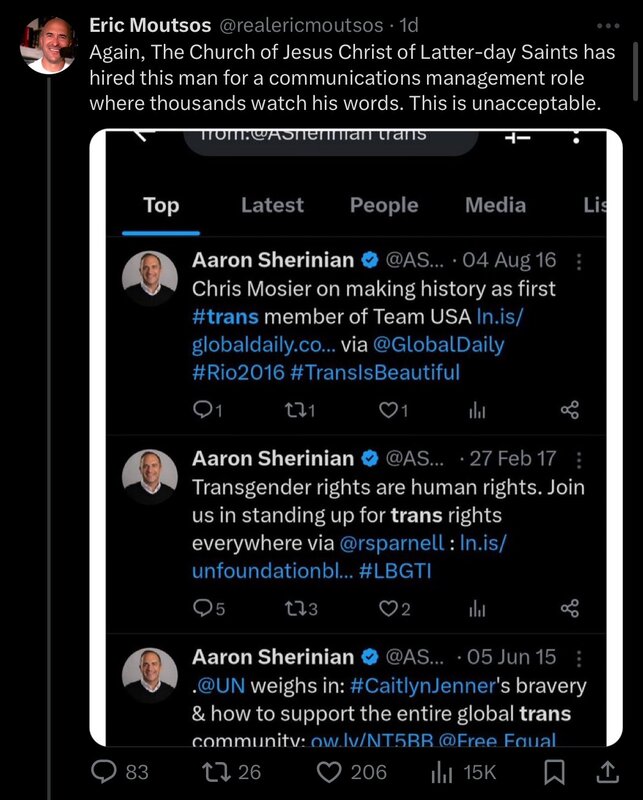
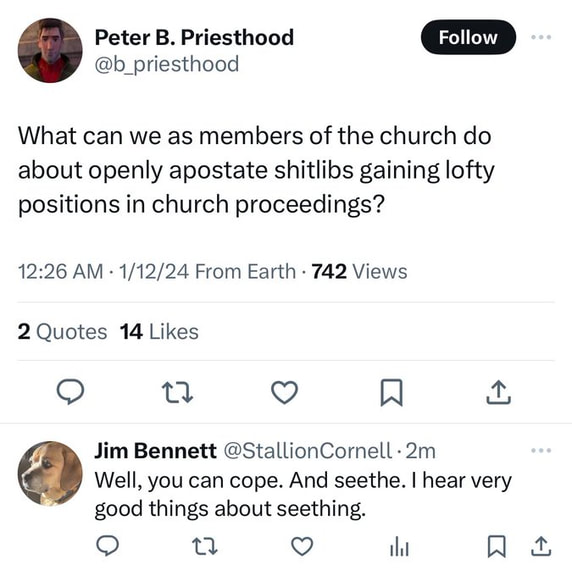
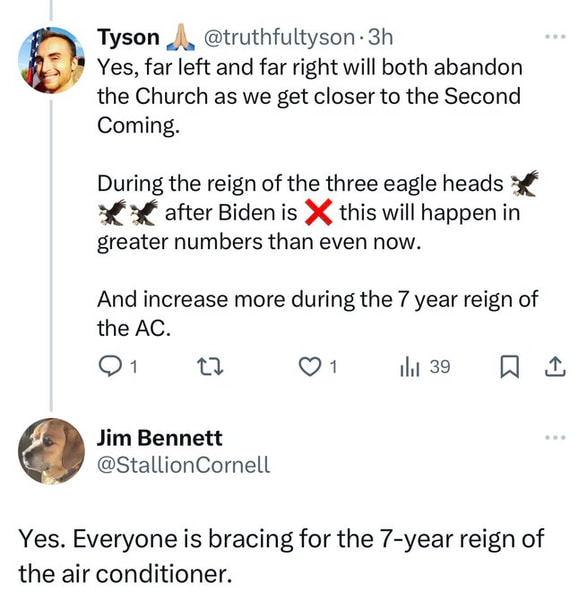
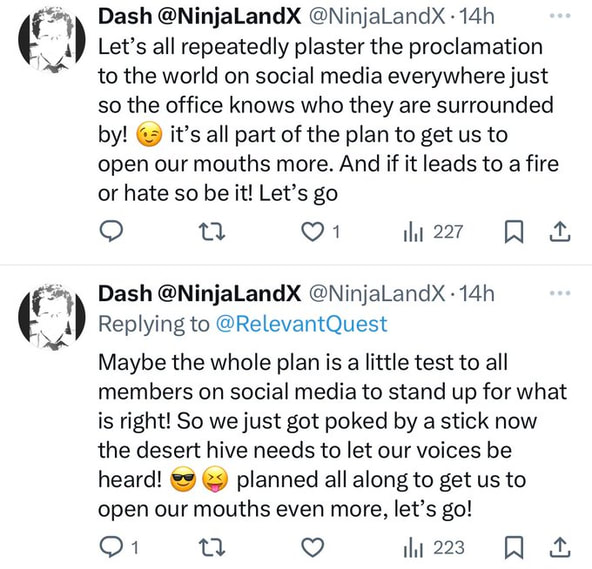



 RSS Feed
RSS Feed
